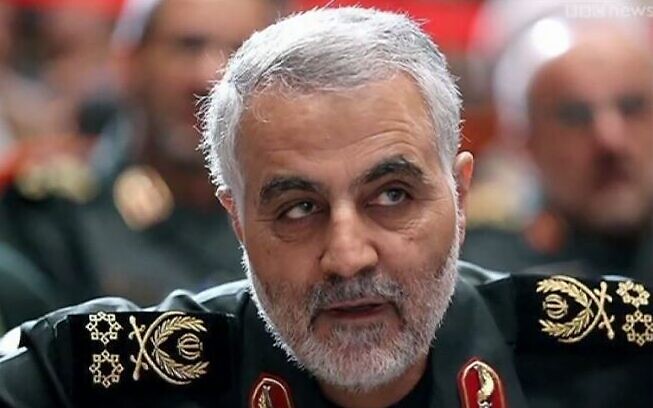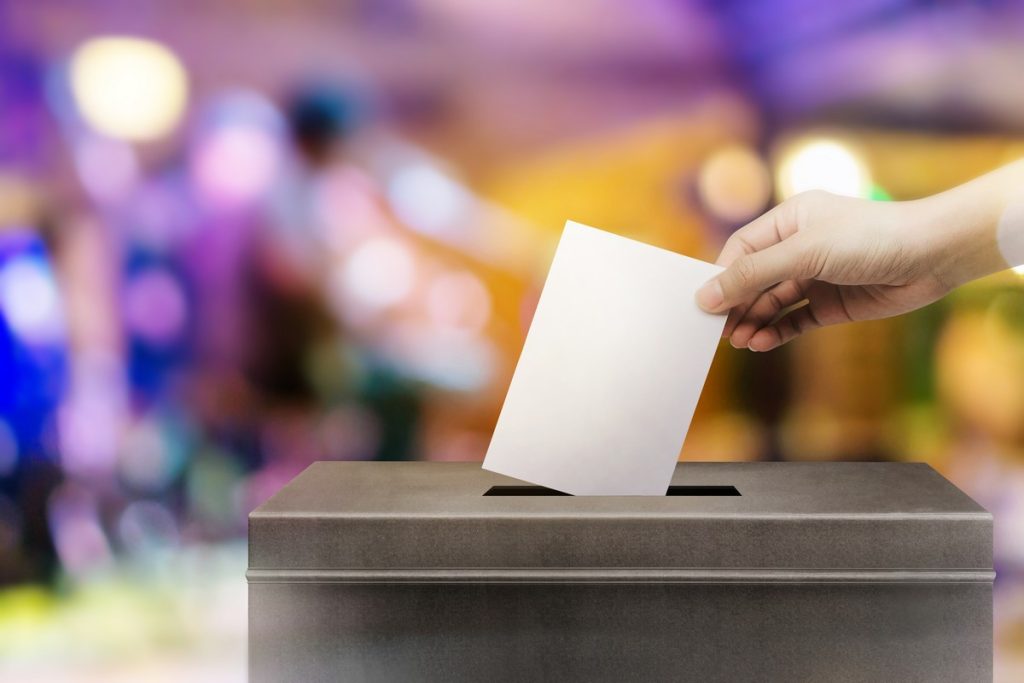The legacy of instability of 2019 was violently confirmed as the new decade began.
US President Donald Trump poureed fuel into an already flammable Middle East by ordering the murder in Baghdad of the prominent Iranian General Qassem Soleimani, an emblematic div in Tehran with broad involvement in crucial fronts in Iraq and the Arab world in general.
The murder, which by all appearances was ordered as a reprisal for the siege by Shiites of the US Embassy in Baghdad, triggered a maelstrom of reactions in the broader, unsettled region.
The Iranians are threatening with attacks against Israel and Western targets and a new wave of anti-Americanism is spreading through the wider region.
It is no coincidence that Americans themselves are speaking of a knee-jerk reaction which threatened to finish off an already destabilised Iraq. It can also draw into a war situation a number of other countries which still labour under the burden of the Syrian crisis and the emerging Libyan crisis.
Let us not forget that Syria remains unstable, there is tumult in Libya, clashes in the Persian Gulf have not subsided, in the Arabian Peninsula skirmishes continue, and Egypt feels perpetual Turkish hostility and claims after Ankara stated its intention to intervene in North Africa.
Diplomatic sources on 3 July made no secret of their concerns about the repercussion and the prospect of triggering a more general conflagration in the region.
The international oil market has already evaluated the situation as extremely dangerous and that pushed the price of oil up to 70 dollars a barrel. In any event, the world seems to be losing its certainties.
Undoubtedly everyone is concerned, especially diplomats who feel that the efforts of many years are collapsing overnight with no planning or alternatives and without having worked out various scenarios.
They note that the negotiations to regulate Iran’s nuclear programme lasted for over a decade. Barack Obama and American diplomacy had made great efforts to create a plan for Iran’s re-integration in the international system.
Donald Trump destroyed those efforts without a second thought as he adopted the old view of Iran as a terrorist state.
However, Iran is a large state with structures and organisation. It maintains strong armed forces. It has large progressive forces which had hoped for a wave of secular reforms.
Now hardcore elements of the theocratic regime have been strengthened as have the forces of tension and fanaticism.
Obviously as a neighbour of this region Greece cannot be glad.
Even the success of the EastMed pipeline agreement – which will connect gas deposits from the Southeastern Mediterranean to Europe – is overshadowed by the threat of war in the region.
These are trying times for the world. Greece needs more than ever new alliances and collaborations that are sufficient to ensure its forces and capabilities.
In this world of upheaval Greece can survive only if it manages to become economically autonomous and as independent as possible in the area of defence.
For these reasons it is necessary for Greece to work hard for its economic reconstruction and growth.




